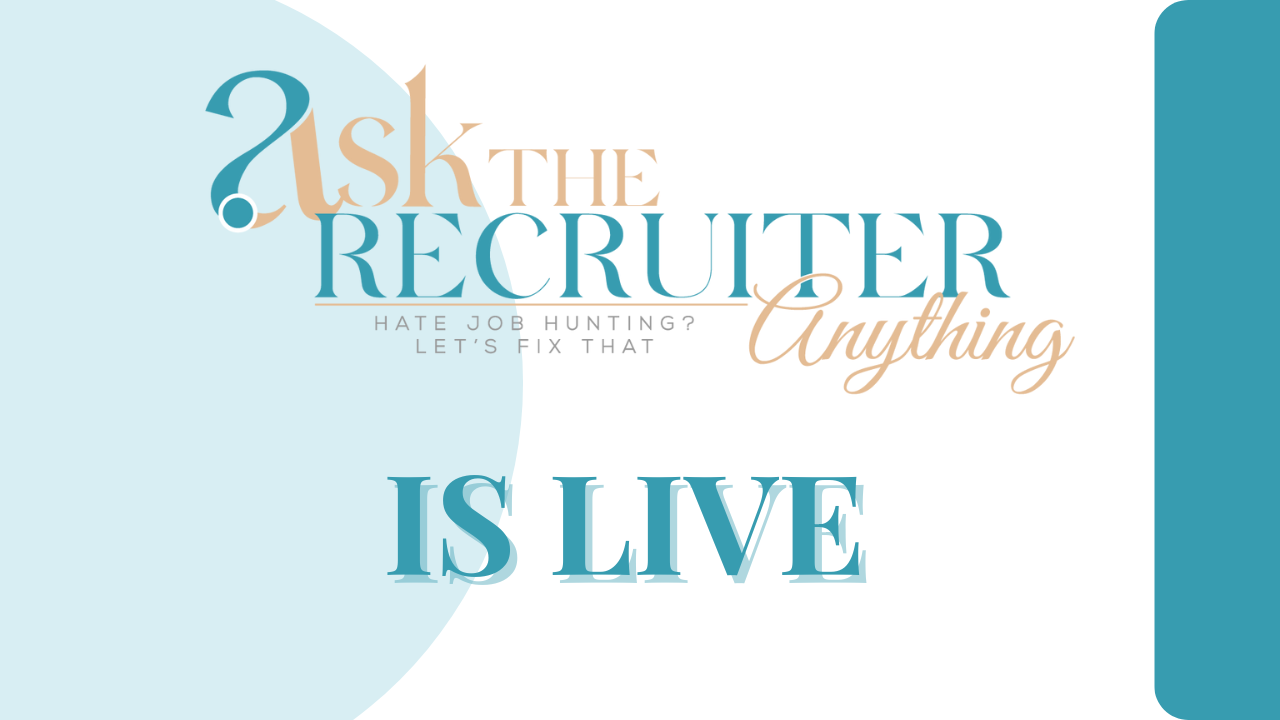Currently Empty: $0.00
Well, it’s official—Amazon has announced a full return to the office. And five days a week, no less! This puts them on a growing list with a number of other corporations that previously embraced flexible work during the pandemic. Now that hiring has ramped back compared to pandemic highs, those same companies are finding themselves less flexible – and shifting back to in-person work.
The reasons cited for this shift are often similar: improved productivity, easier culture development, and enhanced teamwork.
In my day-to-day work as a talent acquisition leader, I see the opposite trend in candidate preferences. Candidates continue to actively seek hybrid or remote work options.
That puts companies and the talent they want to hire at odds. That’s potentially good news for the best talent out there – and maybe not so good for companies who might say that their goals are improved productivity, efficiency, and culture. Because it’s also evident that many of those same organizations that have implemented these policies have also implemented layoffs and other cost-cutting measures around the timing of those announcements.
So does return-to-office really result in better business outcomes?
As the hiring and talent landscape changes, there’s no doubt that these policies give start-ups or smaller organizations with more flexible policies a real chance to attract the best. It’s probably a bit too early to say for certain yet, but I wonder if in five or ten years, we’ll be able to evaluate the true impact of these return-to-office policies.
Will companies become more innovative and foster better culture due to increased efficiency and productivity, or will they find themselves being left behind as their top talent moves on to more flexible companies that will play a role in creating the future?
What do you think?






